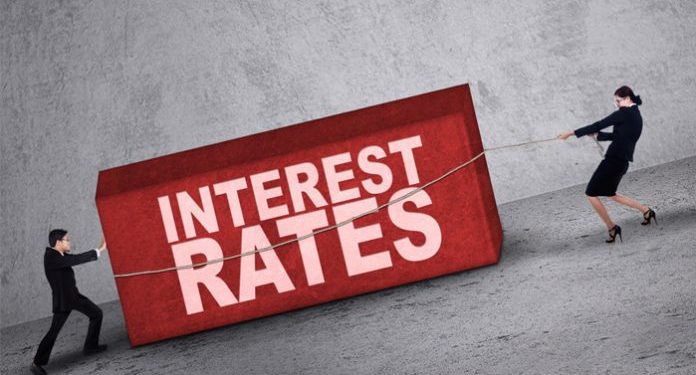In August last year, the Central Bank of Kenya (CBK) warned parliament against going back to interest rate caps.Last month the same CBK had a meeting with banks where it encouraged them to decrease their lending interest rate since the CBK had reduced its base lending rate by 75 bps, the largest margin since the start of the COVID-19 pandemic to 12.0% from 12.75%. If parliament decides to get involved in this endeavor of reducing interest rates it wouldn’t be the first time, but it could do more damage than before.
On September 14th 2016, the interest capping law was signed by the president. It set the maximum lending rate at not more than 4.0% above the CBK base rate and the minimum interest rate granted on a deposit held in interest earning account to at least seventy per cent of the same rate. This law was one of the biggest violations of the free market economy as well as the independence of the CBK, it is no wonder that the same law was repealed two years later.
A survey by the Central Bank of Kenya (CBK) showed that the law did not necessarily lead to cheaper credit for customers since some of the borrowers who were deemed to be too risky were blocked out. Additionally, the survey also showed a decrease in private sector growth due to crowding out of private sector lending. Although the banking sector remained resilient to the law, it led to reduced competition and decline in profitability notably for Tier III banks like Sidian and HFC limited.
Private sector loans are already at the low levels of below 4.0% that existed during the interest rate cap days. Notably, latest data indicate that private sector loans increased by only 0.4% in September 2024, the lowest figure recorded in 22 years. More moderate law makers are advocating for real estate interest rate caps as well as mobile money interest caps. These proposals seem to be moderate at first glance but they represent a more cynical idea among lawmakers, if one were to ask these lawmakers if price controls are good for the economy they would say no, but see no problem with interest rate caps which are basically controls for the price of money.














